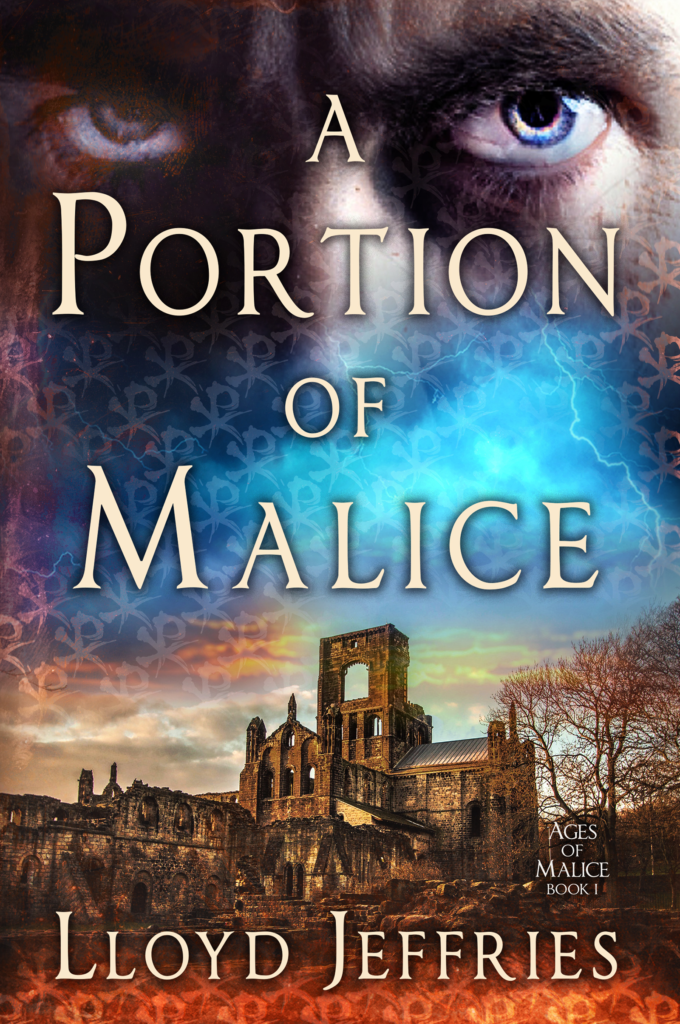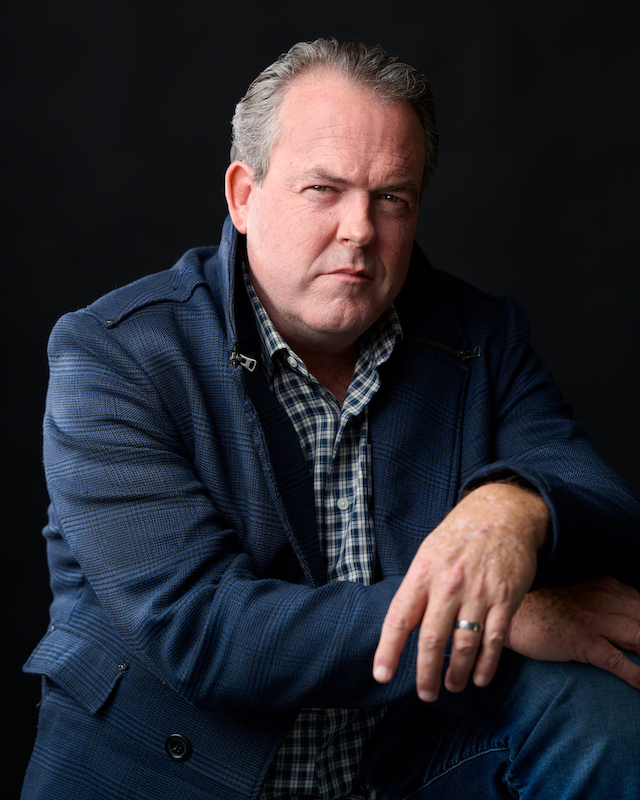

Are there any books or authors that inspired you to become a writer?
Yes, Stephen King’s work has been with me from my early twenties. I found his work: On Writing, A Memoir of the Craft, very beneficial and motivating. Without knowing it, he taught me a ton. For that, am I ever grateful.
At what point do you think someone should call themselves a writer?
Ah, the eternal question. Filled with doubt and in need of validation. I’ve found that if you write, you are a writer. It’s the answer to burning questions that most authors wish. Am I good enough? Can I write anything interesting? What about character development, plot, dialogue, pacing, etc? Don’t worry about it, just write, keep an open mind, consider criticism and the boldness of those who give it, and hone your craft. Think of it as a career, an art form, something you love. Then, dig in. It’s a long and bumpy journey that tends to toss the faint of heart. But writers are those who write. Simple math makes a simple day.
Do you have any suggestions to help me become a better writer? If so, what are they?
Learn the craft and hone your prose.
Omit needless words. Please, please, please, omit needless words.
Self-validate. Thick skin is essential.
Trust yourself. Keep your own counsel. You CAN do this!!
How important was professional editing to your book’s development?
Early on I read an article about the importance of an editor. I took that advice to heart and found it to be invaluable. Although I’ve gone through a few, I finally (and fortunately) found someone who’s an excellent fit and her suggestions are top-notch. At first, editors made my work worse, but that was mostly because I hadn’t truly learned how to write. Now, my editor is vital to my process. In essence, she taught me to write. She was patient and helped coach me through manuscript after manuscript, over the course of about 12 years (yes, A Portion of Malice was in development for 12 years!), until one glorious day when I actually blew her away. I’d found my voice, my style, and through that wilderness, found my talent and validation. A good editor is extremely important. We’ve all read books that could use an edit and those tend to be laborious. To me, that’s a writer who doesn’t take the craft seriously. But if you do, take the time to find an editor that resonates with you. Everything will improve. You’ll be impressed with yourself.
How long did it take you to write this book?
It took twelve years to write A Portion of Malice. Many, many drafts. I refuse to release a book until it’s as perfect as it can possibly be. Turns out, I had to learn to write before that perfection came. Indeed though, it’s truly about the journey. The knowledge I gained, the things I learned, the work I put in, all paid off. Now It takes me about six months to write a new novel from start to finish. And by “finish” I mean truly edited, proofed, glorious perfection.
How much research did you need to do for your book?
The devil’s in the details, and I spend a lot of time researching. It’s important to me that every thread, every character, every action, every environment, means something. The research I do is broad and varied, but like editing, it is essential to the craft and what I wish to convey in my stories. For A Portion of Malice, if I added up all the research time, I would say it took months. But so totally and completely worth it. Remember the old adage: You get out, what you put in.
If you could be mentored by a famous author, who would it be?
Stephen King, hands down, no question about it. I feel he’s forgotten more about writing than I’ll ever know. But more importantly, he knows the nuances, the little tricks, that come only from experience. Maybe at this point I’m a writing geek, but I love to talk writing. Even sentence structure, verb use, etc. But nothing beats crafting a story, being a storyteller. That’s an art. That’s exciting. That’s what Mr. King and I would talk about. The rest falls into place.
If you’re planning a sequel, can you share a tiny bit about your plans for it?
I’m writing the AGES OF MALICE series. I have the first three written and I’m almost done with book IV. Sequels are my life at this point. But I find the goal much more compelling, how characters grow and change. A PORTION OF MALICE starts with the words, “Consider this backstory”. I’m writing an epic tale about people living through wondrous, horrible events but it definitely has an end point. All of my characters change, grow, develop in ways that amaze even me. I don’t know how many books will comprise this series, but I do know, it’s all about the journey, both for me and my characters.
What advice would you give to help others create plotlines?
Don’t be static. People read novels NOT because they want the same things all the time, but because they want something different. I’ve read so many writers who have a million chances to add action and zest to their plots, yet don’t. Thus, their work turns out flat and boring. Best advice: Pile on the troubles, the surprises, the misery. Give your characters something to strive for, against, with. Your writing will bloom, and your books will be compelling.
What are common traps for new authors?
Taking too much advice. There are a thousand articles out there that tell you how to write, to plot, to characterize, to pace, to market, to publish, etc. I see authors get so bogged in this that they never have a chance. The day I threw all that away and wrote only for me, was the day I became an author. Keep your own counsel. Listen to advice but make your own decisions. If your work is compelling and exciting to you, it will find an audience.